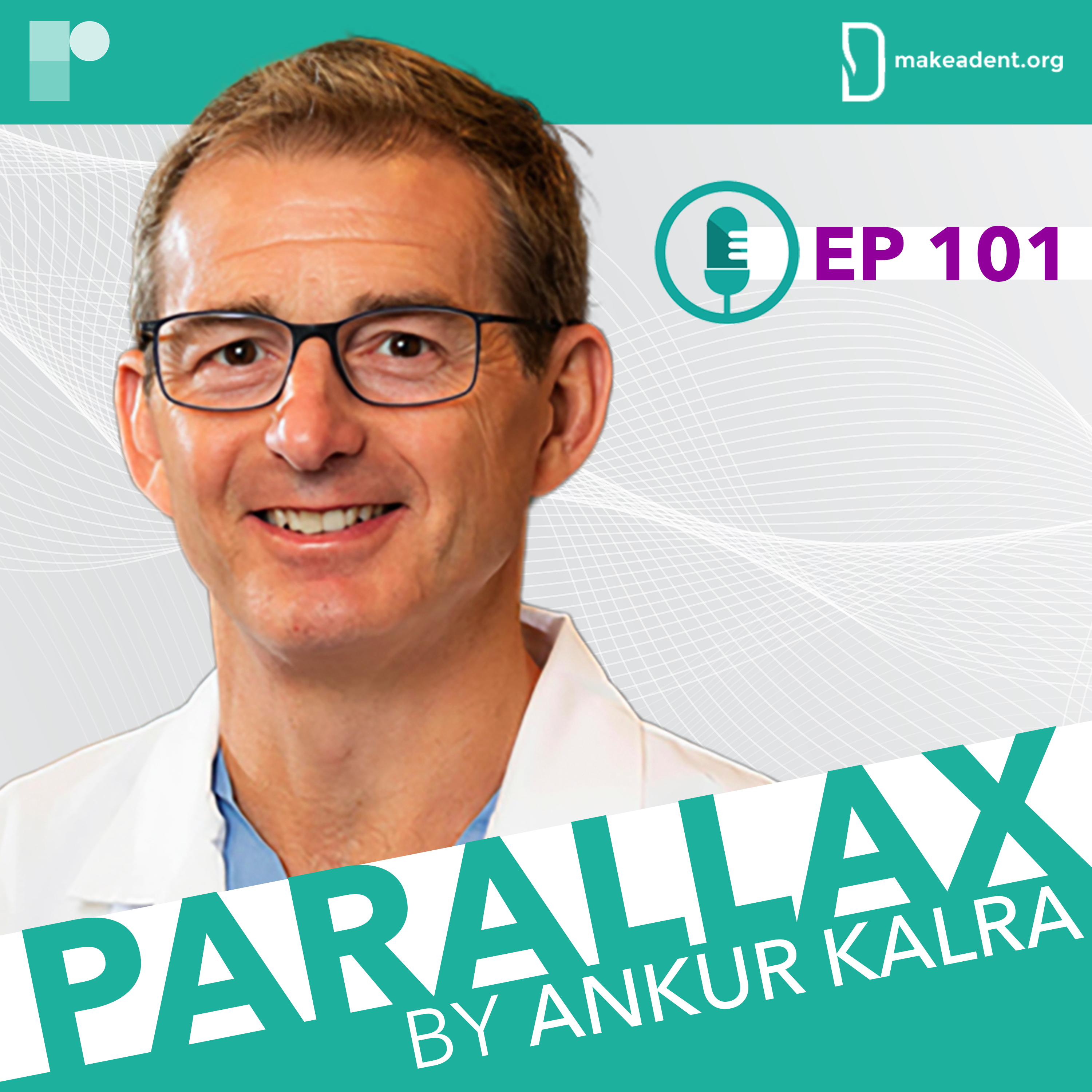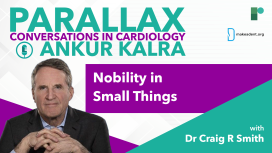
In this week's episode of Parallax, Dr Ankur Kalra welcomes Dr John Mandrola, a cardiac electrophysiologist practicing in Louisville and the host of the popular podcast "This Week in Cardiology" and author of Sensible Medicine, among other forums.
In this insightful episode, we delve into Dr Mandrola's career journey. He discusses how the beginnings of his career during a period of significant innovations and the reversal of expert opinions profoundly influenced his perspective on medicine, leading to a more conservative stance. Dr Kalra then invites Dr Mandrola to share the motivations that drive his work as a medical journalist and communicator, along with his methods of selecting studies to highlight in his writings and show.
Dr Mandrola emphasizes the importance of bedside medicine and the critical role of translating and interpreting evidence in modern healthcare. Together, Dr Kalra and Dr Mandrola explore the complexities of practicing medicine today and ponder the value propositions associated with the latest innovations.
Dr Mandrola sheds light on what he considers the most promising new advances in the field. He concludes the episode by offering valuable advice to our listeners, advocating for the implementation of innovations grounded in medical evidence and supported by sound policies.
Questions and comments can be sent to “podcast@radcliffe-group.com” and may be answered by Ankur in the next episode.
Guest: @drjohnm Host: @AnkurKalraMD and produced by: @RadcliffeCARDIO.



Parallax’s guest this week is Dr Eric David Adler, Medical director of heart transplant and mechanical circulatory support at UC San Diego Health.

How did Dr Gragossian receive her diagnosis? How does she feel about her new reality? What drives her? What is her message to our listeners?

Just after 9/11, Heval, the 18-year-old Syrian Kurdish refugee found a job as a dishwasher. At this point, he was the sole provider of his family. The pressure that comes from being poor did not leave him for many years. Today, he is firm believer in giving back to underserved communities by spreading awareness within the medical community. As he says, well-meaning people of privilege are sometimes afraid to act. What we need is more people to bridge the gap and find ways to help each other.

What drives Dr Nishtha Sodhi? What were the formative moments of Dr Sodhi’s career? What are the new frontiers of cardiology?






